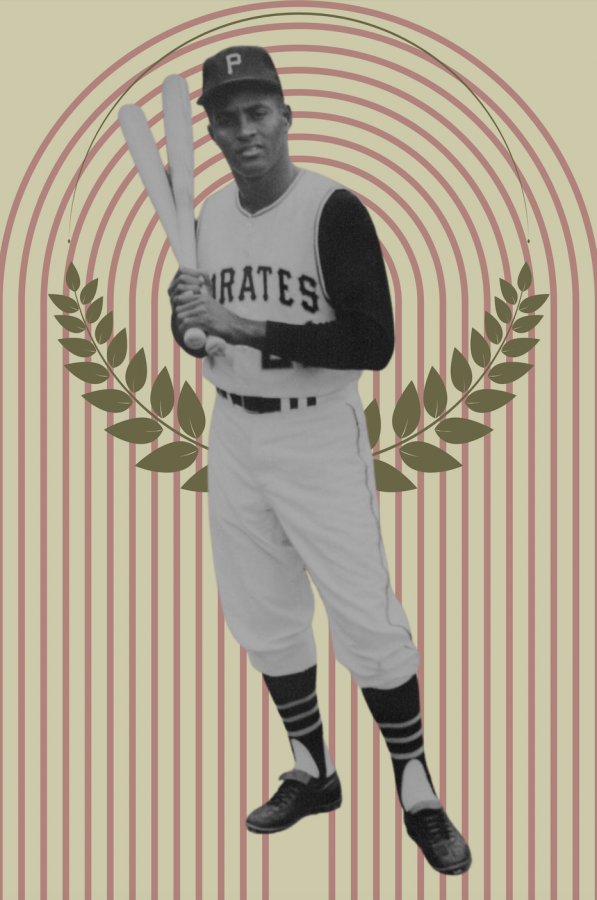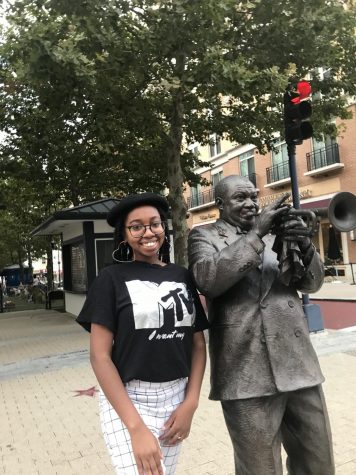With MLB players like Jackie Robinson and Hank Aaron having decorated legacies on constant display, names like Roberto Clemente often find a spot to rest in the shadows of history.
A two-time World Series champion, a 15-time All-Star, 12-time Gold Glove winner in right field, Clemente’s 18-year career was nothing short of revolutionary.
Even more groundbreaking, Clemente became the first Latin American player to reach the 3,000-hit mark as well as World Series MVP status in 1971.
Off the field, Clemente fought tirelessly toward equality for individuals who looked like him — whether they played ball or not.
These are only but a few noble mentions of his everlasting legacy.
Roberto Clemente Day, which honors the life of a humanitarian and an athlete who made efforts toward justice for all, coincides with the beginning of Hispanic Heritage Month on September 15. Nineteen years later, this special annual occasion is celebrated for the first time since the Negro Leagues have been recognized as MLB.
But that’s not all that makes this year’s Roberto Clemente Day special.
Usually, the day’s tradition permits the Pittsburgh Pirates to wear No. 21 in honor of Clemente’s jersey number. With the blessing of the Clemente family, MLB allowed all players of Puerto Rican descent to wear No. 21 on Sept. 15. Extending this honor a step further, all MLB players were given this opportunity and optional “21” patches to wear on their jerseys during Roberto Clemente Day games.
While No. 21 has yet to be retired league-wide like Robinson’s No. 42, the aforementioned recognition could expedite that specific process. It would lend a much deserved credence to the case that Clemente’s life and career must be commemorated.
In Clemente’s honor, MLB annually presents the Roberto Clemente Award to recognize the player who best represents baseball through sportsmanship and community involvement — values Clemente deemed important. Former San Diego State commit and current San Diego Padres pitcher Joe Musgrove is among the nominees for this year’s award.
In 1972, Clemente was tragically killed in a plane crash en route to Nicaragua to provide the country with post-earthquake resources. At only 38 years old, he accomplished what most dream about doing not only in sports but in a lifetime.
Instead of the league waiting the standard five-year period baseball players undergo to reach Hall of Fame eligibility, Clemente was inducted into the National Baseball Hall of Fame nearly a year after his death, making him the first player from Latin America to be preserved in the National Baseball Hall of Fame.
Despite MLB being integrated for nearly eight years when Clemente arrived, he was still subject to Jim Crow laws. Identifying as Black, Latino and Puerto Rican, there was no doubt he would face mainstream racism.
The media referred to Clemente as “Bob” and quoted him using phonetic spelling in mockery of his accent. Additionally, he couldn’t publicly share meals or hotel rooms with his white teammates, a collective experience for Black players in the league during this time.
Clemente, who was born and raised on the progressively integrated island of Puerto Rico, was disturbed by the segregationist society that seemingly plagued America. This prompted him to use his power as a public figure for good while frequently challenging discrimination and inequality. The idea of remaining silent and having the “just play ball” mindset was something Clemente would not accept.
The diligence and perseverance that accompanied Clemente’s efforts to make baseball more welcoming are largely why he is a heroic and prominent member of Latin American representation.
2021 Opening Day rosters featured 256 players from 20 countries and territories, with the majority of them being Latin American. It is because of Clemente that those players can proudly wear their names on the backs of their jerseys, complete with accent marks and tildes.
Clemente and his incalculable impact on baseball and the fight for civil rights shouldn’t just remain in the shadows of history. There is hope as MLB appears to acknowledge this truth but it’s time for everyone else to follow suit.
Trinity Bland is a senior studying television, film, media and Spanish. Follow her on Twitter @trinityaliciaa.









